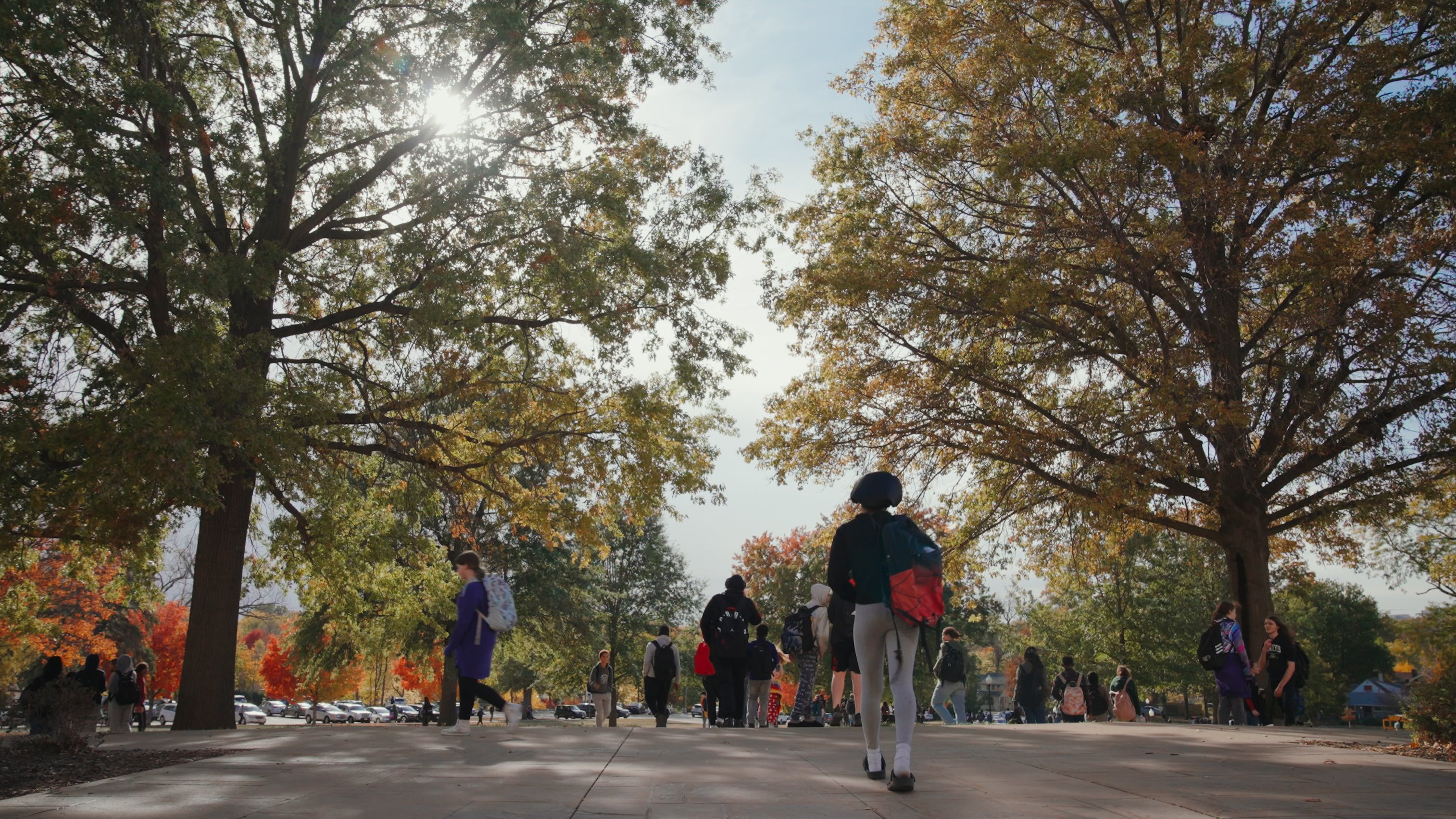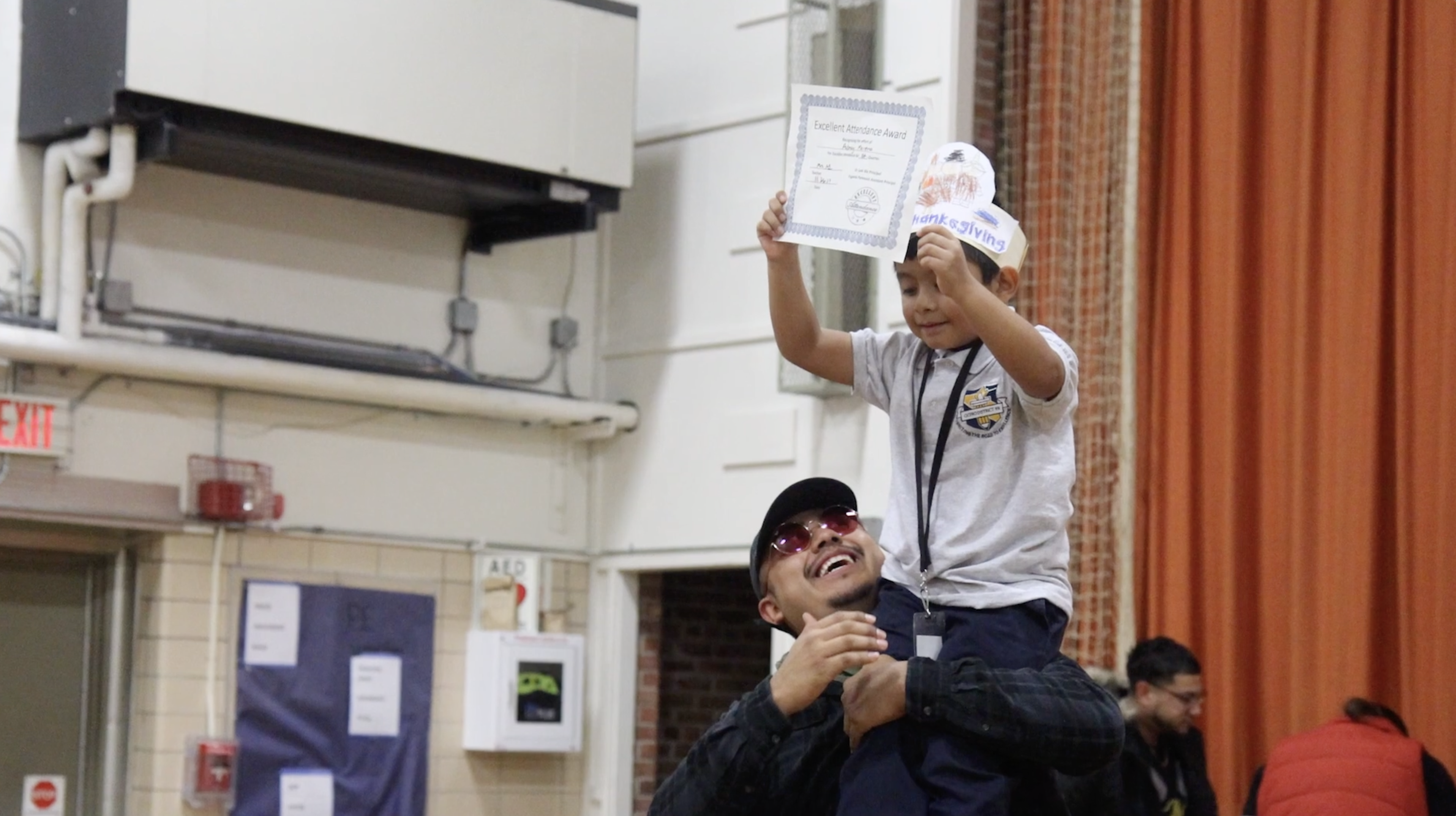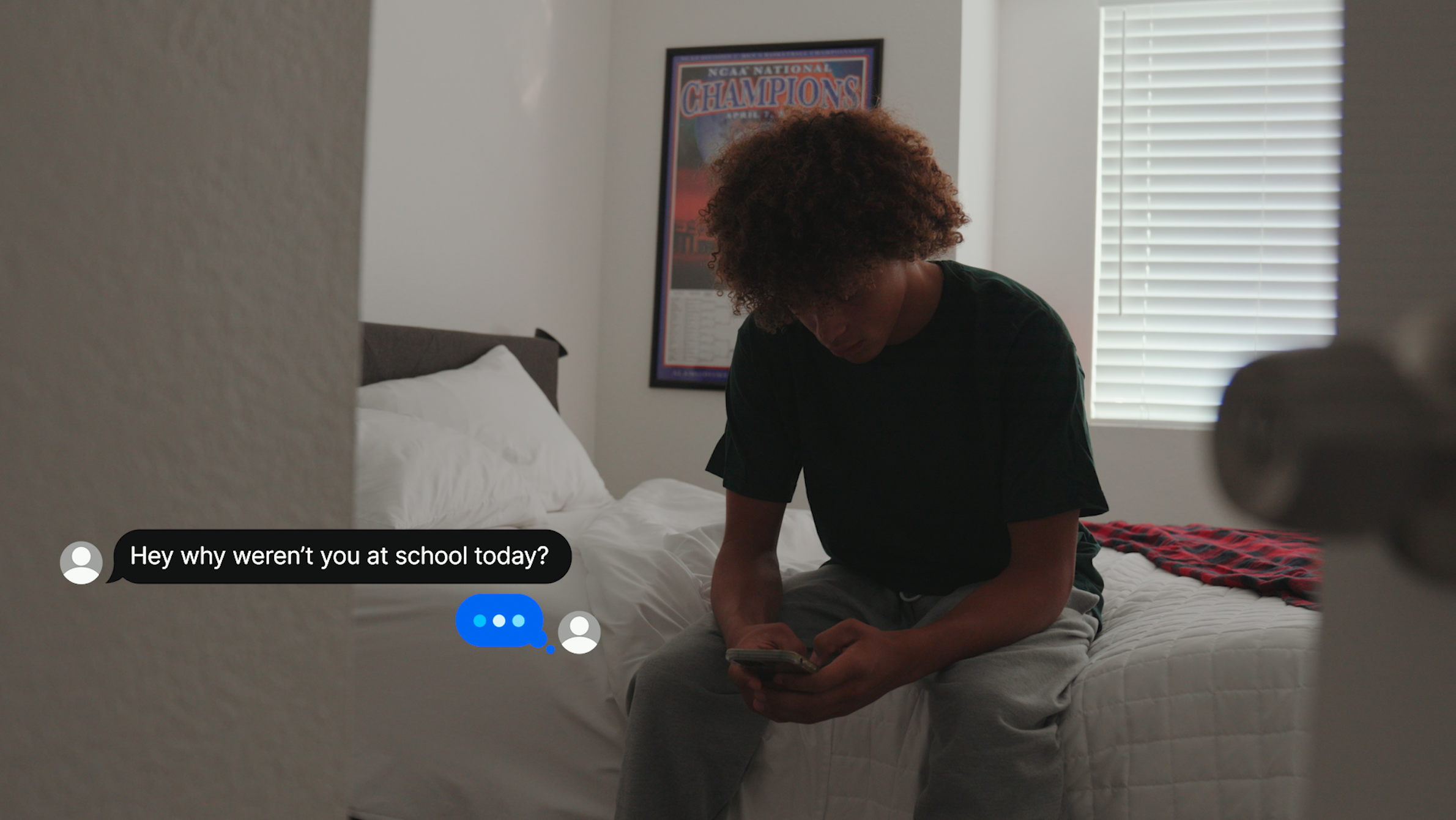Reengaging Students: Oceanside USD’s Approach to Chronic Absenteeism
When students don’t show up to school, it’s rarely about laziness or lack of care. For Oceanside Unified School District (OUSD), chronic absenteeism...
4 min read
Care Solace May 8, 2025 9:28:12 AM

For decades, school discipline often followed a predictable pattern: a rule is broken, a consequence is given, and the student is sent on their way. But across the country, educators are rethinking that cycle — replacing punishment with partnership, consequences with connection, and blame with belonging.
At the heart of this shift is a simple yet powerful change in mindset. Instead of asking, “What’s wrong with you?”, schools are beginning to ask, “What happened to you, and how can we help?”
Marc L., Director of Student Services in Waukesha, Wisconsin, sees discipline not as punishment, but as a chance to understand what’s going on in a student’s life.
“Yes, I’m the disciplinarian,” he says, “but that role gives me the opportunity to dig deeper—why is this student acting out, and how can we support them?”
Disciplinary conversations often uncover more than misbehavior. They reveal emotional struggles, family issues, or substance use challenges. “We sit down with the student and their family, talk about what’s working and where they’re struggling,” Marc explains. “More often than not, we discover real needs.”
Now, instead of saying “good luck,” staff offer immediate support through Care Solace, a platform that connects families to mental health and substance use treatment providers. “It’s changed the tone of these conversations completely,” Marc says. “Families walk away feeling like we’re in their corner—because we are.”
Wayne-Westland Community Schools in Michigan has also shifted its approach. “Our disciplinary hearings used to be strictly punitive,” says John Besek, Director of Student Services. “Now, we use them to identify what a student or family might need to heal, grow, or feel supported.”
Amanda, a district SEL leader, shares that nearly every hearing now leads to a Care Solace referral. “We’ve had parents open up about trauma, grief, and stress that they hadn’t shared with anyone before,” she says. “Sometimes, I’ll pause the hearing and submit a referral right then—because support shouldn’t have to wait.”
This shift doesn’t remove consequences, it reframes them. “There are still expectations,” John explains. “But we’re also asking, what else is going on? And how can we help?”
Sometimes the shift toward restorative practice is most powerful at the individual level. At Wayne-Westland, Officer Serman, a school resource officer, has built deep trust with students by simply being open, compassionate, and present. One student, struggling with mental health crises and challenges at home, now affectionately calls him “Uncle Serman.”
“I drove that student across town when his family couldn’t,” Officer Serman recalls. “I worked with our social workers to get him the care he needed. And I keep showing up. Because sometimes, students don’t feel comfortable talking to a parent or principal—but they’ll talk to me.”
These trusted relationships, built on respect and confidentiality, are key to helping students feel safe enough to open up. “You earn that trust by listening,” he says. “And when they trust you, they’ll let you walk alongside them."
Coreen Frank, District Learning Supports Coordinator in Iowa City, echoes the importance of relationships in supporting student wellbeing. “Sometimes it’s a teacher who creates a strong connection. Sometimes it’s about coordinating higher levels of support,” she says. “But every person in the school has a role in helping kids feel seen and supported.”
Superintendent Matt Degner sees the impact in real time. “We’re hearing more success stories—better attendance, fewer behavior referrals, more students accessing mental health support that reflects their identity.” And while data is still being gathered, Matt knows these tools, like Care Solace, are making a difference. “It’s a variety of factors, but when you hear the stories, you know we’re doing something right.”
In Cicero Public Schools, school teams are trained to go beyond the behavior they see. “We’ve shifted toward understanding why a behavior is happening,” says Jack Rein, a district MTSS leader. “What’s beneath it? What support is missing?”
After reading What Happened to You? by Dr. Bruce Perry and Oprah Winfrey, over 60 district leaders joined in trauma-informed discussions that reshaped how they view discipline.
“It helped us reframe our response. Instead of reacting, we’re reflecting,” Jack explains.
The district has launched programs like Reflect, Process, and Change (RPC) to support students returning from suspension. They’ve also created Behavior Academies, where students learn emotional regulation and conflict resolution skills they can use for life—not just in school.
Principal Dave Helke of District 191 recalls one student who struggled with focus, emotional outbursts, and peer challenges. “I had worked with her since sixth grade. By seventh grade, we were having deeper conversations — not just about behavior, but about her ability to function in the classroom,” he shares.
Eventually, Dave removed his “principal hat” and spoke to the family parent-to-parent. Together with the school social worker, they submitted a referral through Care Solace. “We found a provider who accepted their insurance and specialized in the support she needed. Without that help, I honestly don’t think we would’ve gotten anywhere.”
This movement reflects a national shift. According to the Learning Policy Institute, restorative practices lead to lower suspension rates and improved school climate. A 2020 RAND study found these practices also strengthen student-teacher relationships and reduce repeat offenses.
In California, the state’s Transforming School Discipline Collaborative has called for greater investment in restorative justice, social-emotional learning, and school-based mental health services as alternatives to exclusionary practices.
But beyond the data, this movement is about something deeper: dignity. It’s about treating students as full human beings, not problems to be fixed.
Care Solace plays a vital role in that transformation—helping schools move from asking “What consequence fits this behavior?” to “What support does this student need?” And when help is easy to access, families are more likely to receive it.
The future of discipline isn’t just less punitive. It’s more human.

When students don’t show up to school, it’s rarely about laziness or lack of care. For Oceanside Unified School District (OUSD), chronic absenteeism...

At Cicero Public Schools (D99), student success is about more than just academics—it’s about educating the whole child. Through a Multi-Tiered System...

Schools are often the first line of defense in supporting student mental health and preventing youth suicide. Recognizing this responsibility,...